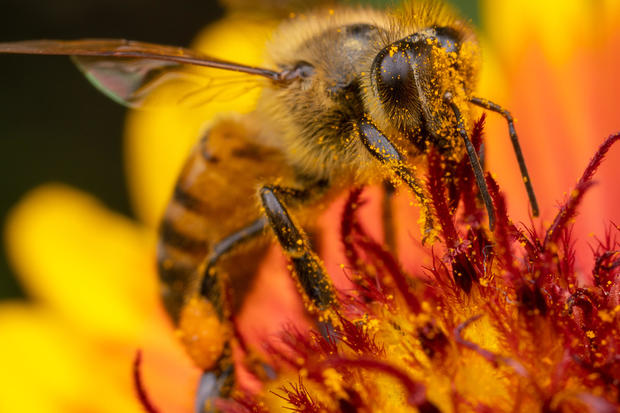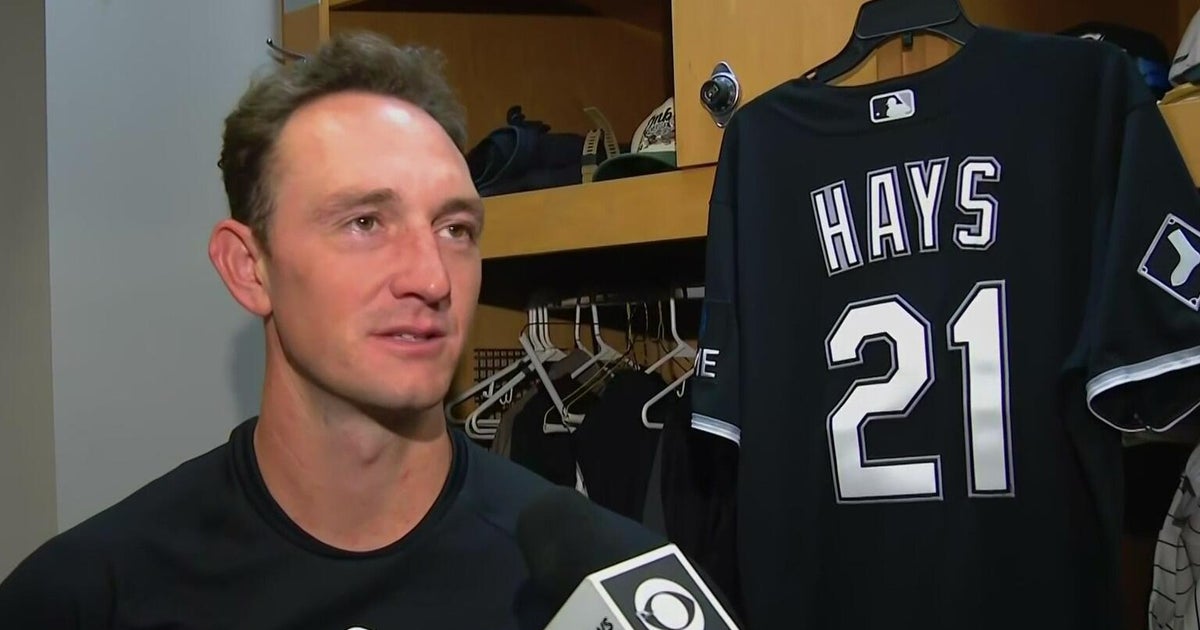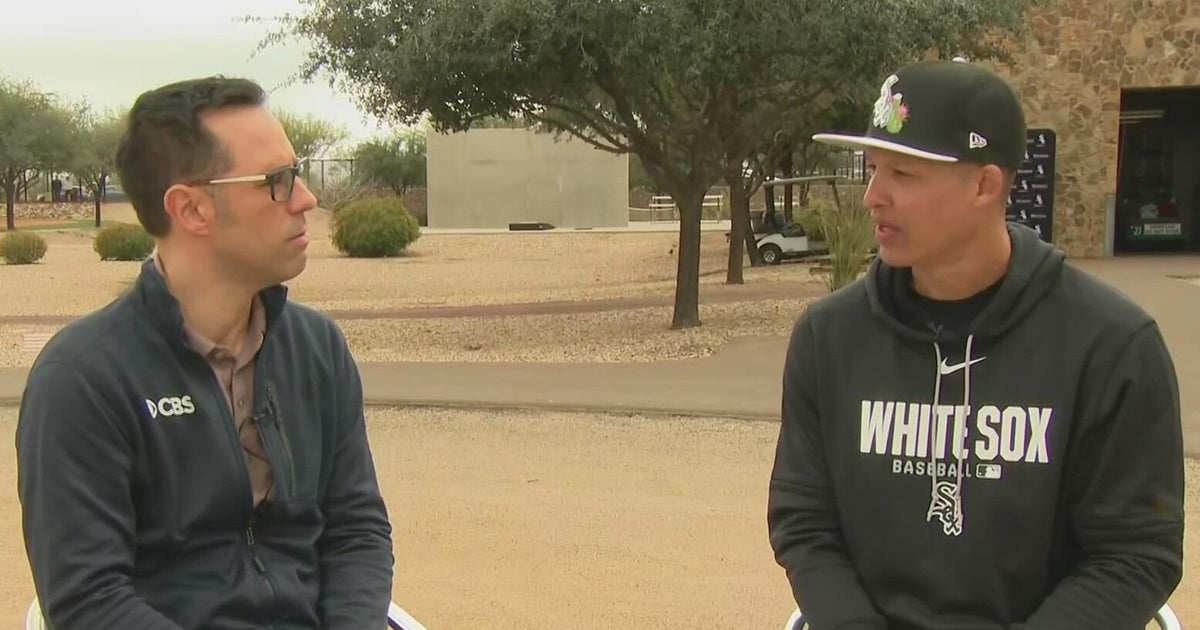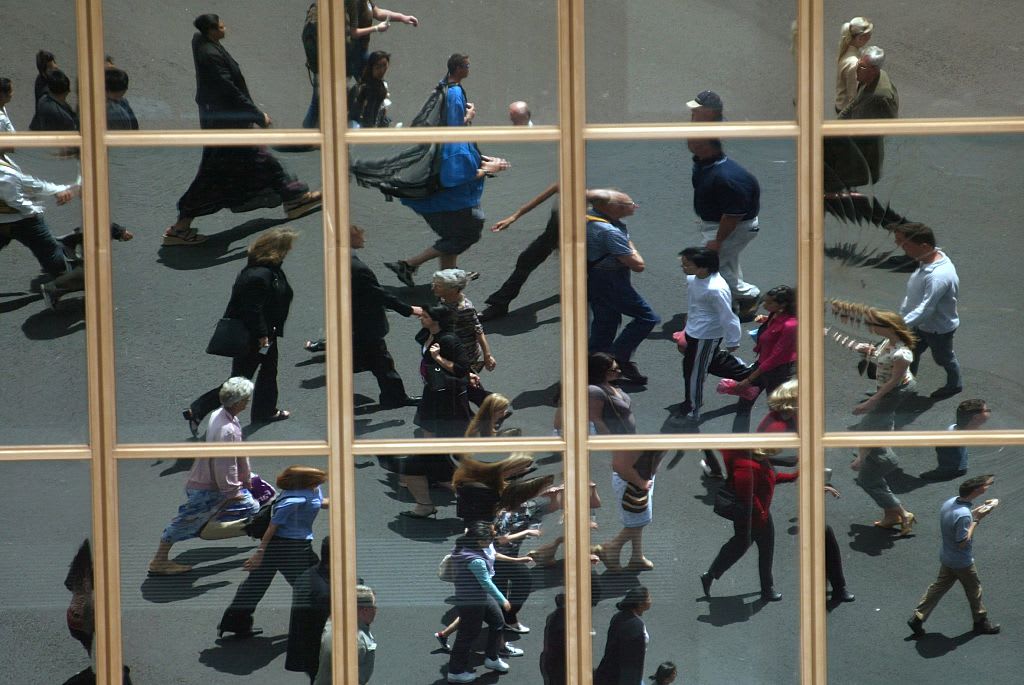Earth Day challenge for gardeners: Don't poison bees
- A group of pesticides called neonicotinoids has been linked to the mass deaths of bees and other pollinators.
- While the problem is global, it's also one that individual home gardeners can help resolve by being careful about the plants they buy.
- To help consumers, more retail garden centers are curbing, ending or labeling plants treated with neonicotinoid pesticides.
- Home Depot, Walmart, Ace and TruValue are among national retailers taking these steps.
When tens of thousands of honeybees were found dead in a parking lot in Oregon in 2013, public awareness of a group of pesticides derived from nicotine swarmed across the public radar. The bee deaths were linked to a group of pesticides called neonicotinoids and were particularly alarming given the essential role bees and other pollinators play in food and plant production.
Groups like Friends of the Earth zeroed in on the issue, lobbying for changes from retailers and state governments, where a large number of consumer regulations are crafted. The focus on retailers and home gardeners is key, given that some 90 percent of bees don't live in big hives. They tend to be loners, living in nests of fewer than a dozen insects, and they cover small areas like your garden.
That's one reason consumers who pay attention when purchasing plants, seeds and pest-fighting agents this spring could make a big difference in efforts to restore the health of bees and other pollinators, researchers said. With Earth Day coming on April 22 -- and spring planting along with it -- home gardeners are well placed to lend pollinators a helping hand.
"This is one of these global environmental problems that a single homeowner or a single individual can do something about because the habitat needs are so small," said Damon Hall, an assistant professor at the University of Missouri's school of natural resources and co-author of a recent study that tracks changes in state laws governing neonicotinoid pesticides.
Know what you're buying
States including Minnesota, California, Connecticut, Maryland, New Mexico and Oregon have modified or are considering changes to pesticide laws so consumers know whether the plants they're buying have been treated with potentially bee-killing neonicotinoids, according to the National Caucus of Environmental Legislators and Hall's own research.
"So no matter what you have -- if it's a 20-by-10 yard space -- you can have certain species of bees. Solitary small ones can live their entire lives in an area that size, provided they have enough flowers and a place to nest," Hall told CBS MoneyWatch. "That's what's really striking about this. There's so few global environmental problems that a single person can do something about."
Neonicotinoids gained widespread use in the 1990s as a safer alternative to existing pesticides for farmers. Yet a growing number of studies show they're harmful to pollinators like bees and butterflies because they can become pervasive in the greater environment. Last year, the European Union agreed to ban the pesticide group to protect pollinators.
In the U.S., the number of home gardeners is growing, particularly among those under age of 35, according to an annual gardening survey from Gardenresearch.com. Americans spent a record $47.8 billion on their gardens and lawns in 2017, according to the latest data. The average household plunked down $503, up roughly $100 from 2016.
Big retailers respond
That could be another reason the number of companies taking action is on the rise. Today, big chains with garden centers like Home Depot, Walmart, Ace Hardware and True Value are making good on pledges to stop selling neonicotinoid-treated products, from seeds to live plants. And many more are joining in the effort as they court concerned gardeners, according to a tally from Friends of the Earth.
Home Depot now says 97 percent of live goods it sells are neonicotinoid-free after launching a program in 2014 and working with suppliers, according to an e-mailed statement from the retailer.
Lowe's continues to cut products "containing neonics, but there are numerous reasons why elimination is not a viable short-term goal; for example, some states require the use of neonicotinoids," the retailer said in an email to CBS MoneyWatch. Lowe's, which formalized a phase-out in 2015, said it's expanding neonicotinoid-free products and offers "educational information about neonicotinoids in-store and online."
Ace Hardware told CBS MoneyWatch more than 95 percent of insecticide products sold among its independently owned and operated retail stores are neonicotinoid-free as are all of its private-label lawn and garden products. The company has added more than 90 new "natural and organic" products from brands including Scotts, Dr. Earth, Espoma, Safer/Woodstream and Monterey.
And True Value stores "successfully phased out" products with neonicotinoid pesticides since announcing it would do so in 2015, the company said in an email to CBS Moneywatch. And Walmart said in an e-mailed statement that it abides by all state laws when it comes to the class of pesticides.
Hall recommends that consumers ask their garden centers how products are labeled and what their policy is before buying. "First, talk to the garden center employees and managers, and get on the phone with them before you go in there," he said. "Are they as a staff thinking about these issues? Are they aware? And if not, then there's no reason to shop there. There are other places that are very conscious and very aware."




